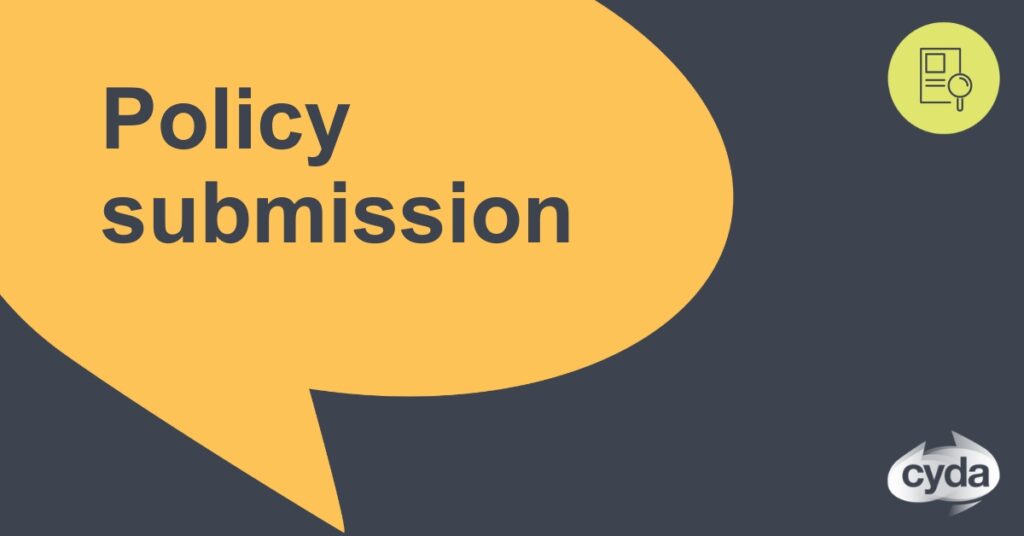Children and Young People with Disability Australia recommends the Disability Royal Commission continues to shine a light on the exclusion, discrimination and mistreatment children and young people specifically experience across all systems and areas of life.


